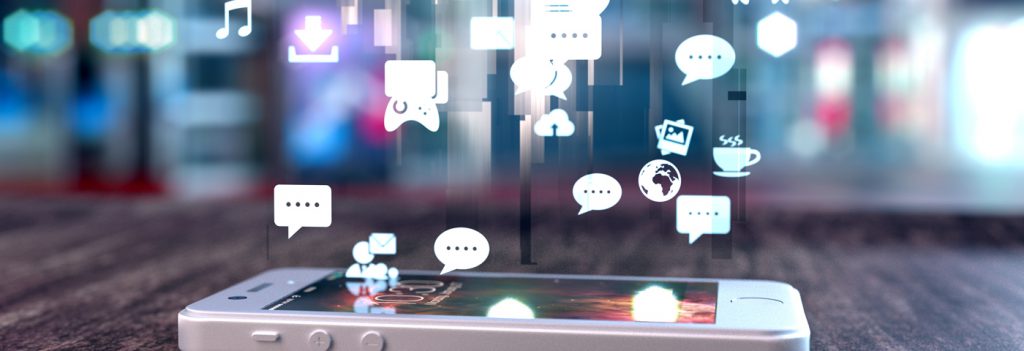The news that Etihad passengers will be able to communicate with the airline via WhatsApp got me thinking about my own messaging apps. I use quite a few. On my mobile I have Whatsapp, Facebook Messenger, Skype, LinkedIn, Snapchat, Viber and good old SMS. Apart from SMS, they all provide global communication for free.
You can research what the most popular messaging apps are. For example, take a look at statista. The most popular app is WhatsApp with 1.5 billion users, followed by Messenger with 1.3 billion (both owned by Facebook). In China, WeChat has 1 billion users. Skype is way down at 300 million.
The messaging app I use at any particular time depends on who I want to chat with. For family messaging, one daughter prefers WhatsApp, the other Messenger. My son will often send me an SMS. The wife will also SMS me or use WhatsApp if she is on the tube. I don’t use Snapchat. I have given up on Viber and use Skype only rarely, it just doesn’t seem to get any traction amongst the under 30s.
This can become confusing as, when I want to send a message and I want to be sure it is received, I might send it across more than one app, for example, perhaps sending an identical message to a contact via SMS and WhatsApp.
Is your experience similar to mine? If so, you will probably agree that this is getting a bit of a bore. A single, universal messaging app would be much better. The telephone is the best example of a single worldwide messaging system. Telephone numbers and dialling codes work worldwide and the phone’s analogue voice interface can be used by everyone. The only snag with the telephone is that the calls need to be paid for.
So are organisations such as Etihad and other businesses getting a free ride using messaging apps? Certainly, there are no telecoms costs other than Internet connectivity. But in January WhatsApp launched a new WhatsApp Business app. It’s free to use for small businesses. However, WhatsApp’s aim is to charge larger enterprises for advanced tools to communicate with customers.
If WhatsApp can continue to grow its user base and gain real market power then it may be able to start charging businesses to use its messaging service. If Facebook consolidates its two message apps into one that would certainly accelerate its move towards messaging market dominance. 2.8 billion users between them is quite a sizeable chunk of the market, more than all the other messaging apps put together. Perhaps Facebook is moving us towards a universal messaging app, in which case the $19 billion that Facebook paid for Whatsapp in 2014 may turn out to be a bargain.
